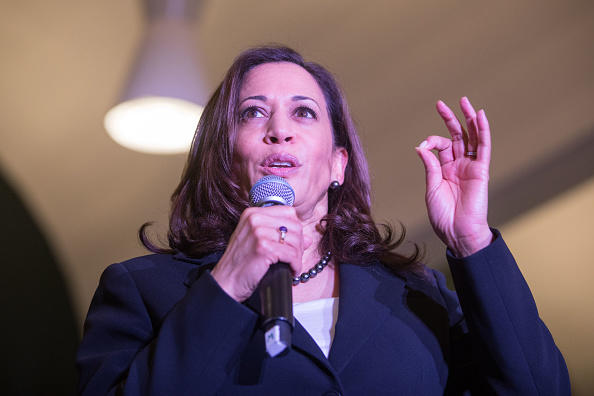Social media platforms have struggled with online hate for years. Post-Christchurch, the collective scramble to remove the video across platforms — along with the original live stream on Facebook — helped highlight how deep the problem is.
Since then, online hate has become an increasingly popular conversation for politicians. Recently, Sen. Kamala Harris (D-CA) — a 2020 presidential contender– spoke at the Fight for Freedom Fund Dinner at the Detroit NAACP where she made her own promises.
“We will hold social media platforms accountable for the hate infiltrating their platforms because they have a responsibility to help fight against this threat to our democracy,” Harris said.
In her speech, Harris also noted that it’s time to have a president who is “not afraid to call Neo-Nazi violence what it is: domestic terrorism.” She then went on to highlight recent attacks against racial and religious minorities, including the Charleston church shooting, a mosque bombing in Minneapolis, and the Pittsburgh synagogue shooting.
These events are important because online platforms can serve as rallying grounds for white supremacists. Not only was this seen with the Christchurch shooter’s manifesto — where he identified some YouTubers as inspiration — but last month, the House Judiciary Committee acknowledged it when questioning Facebook and Google on the rise of white nationalism online.
In a press release, the House Judiciary Committee noted that communities of color and religious minorities have been targeted by groups who “affiliate with ideologies of hate.”
“White identity groups have a long history of oppressing racial and religious minorities and promote individual expressions of violence with the aim of preserving white racial and political hegemony,” the press release said. “Social media platforms have served as world-wide conduits to spread vitriolic hate messages into every home and country.”
It’s not clear what policies Harris will put in place to counter hate on social media platforms. However, this is clearly a pressing issue. Although people like to imagine what’s said on the internet stays there, recent attacks have shown that’s not the case.
“If you profit off of hate, if you act as a megaphone for misinformation or cyber warfare, if you don’t police your platforms, we are going to hold you accountable,” Harris said.
See video below:

